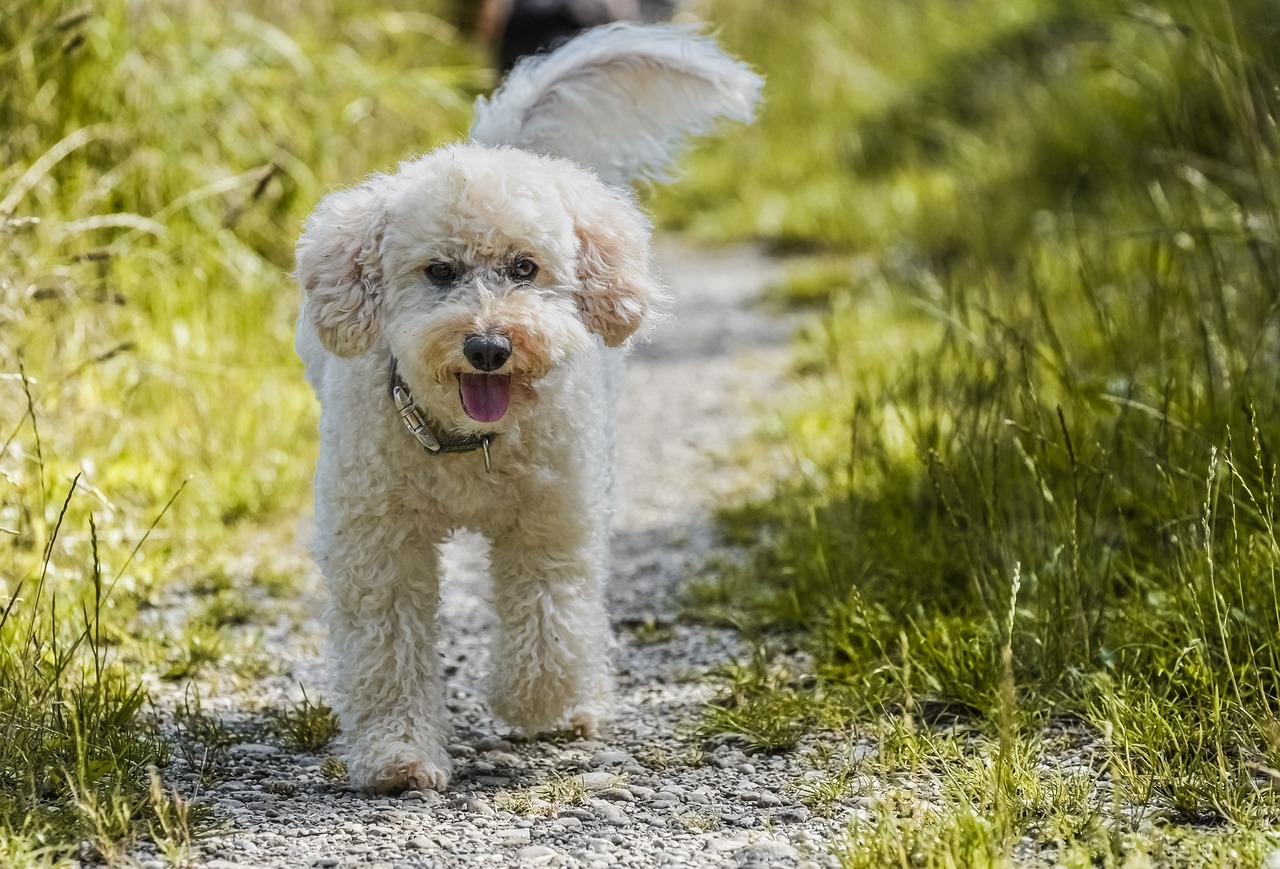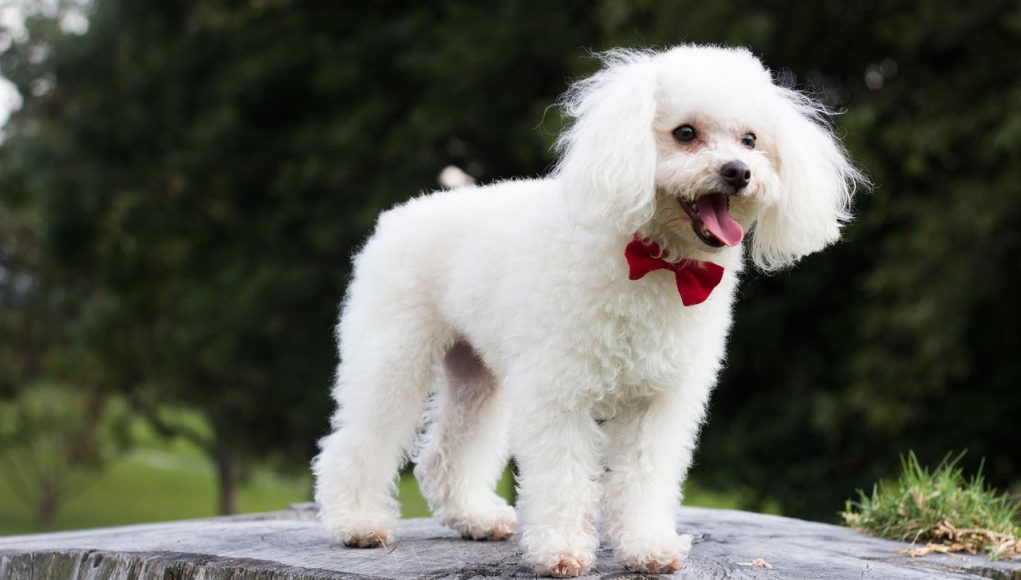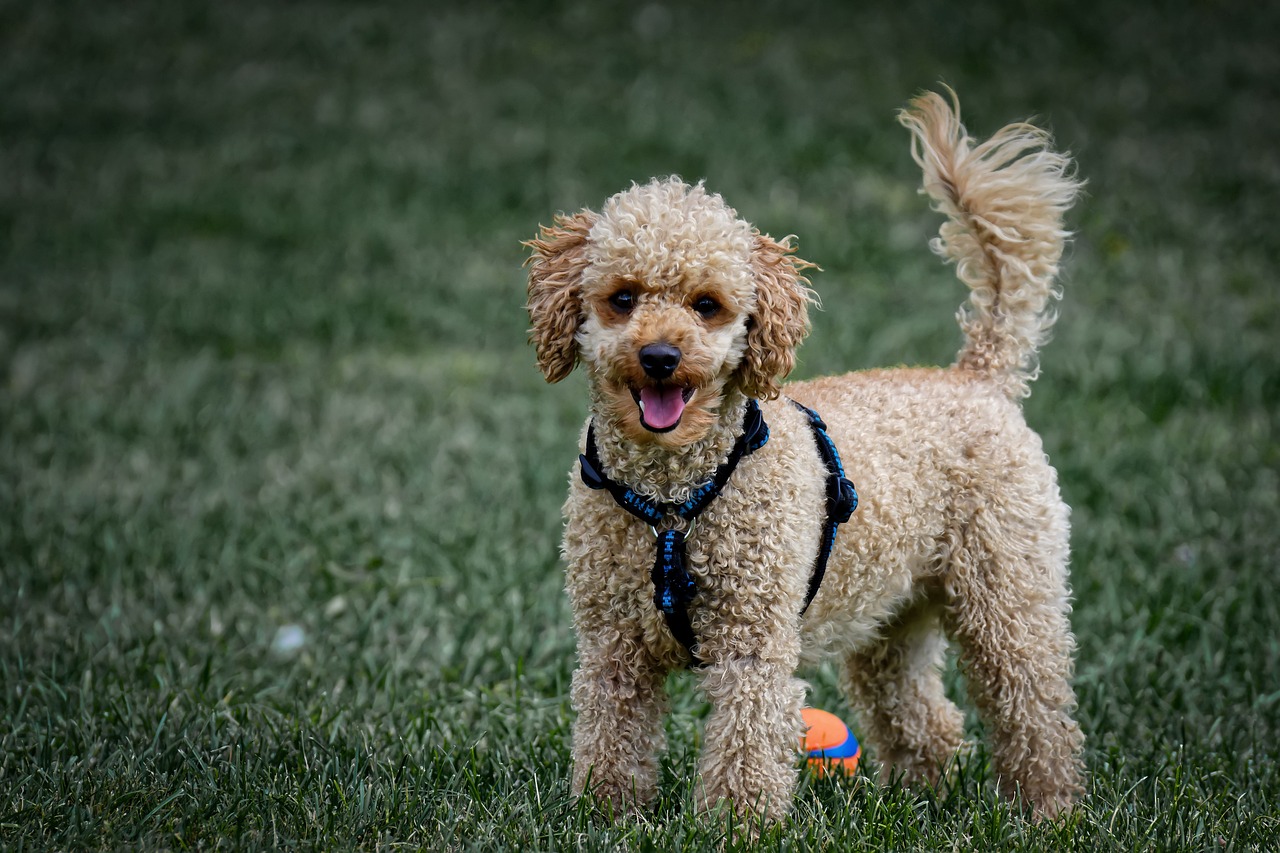A Poodle is an intelligent and versatile dog known for its hypoallergenic curly coat and adaptability. Discover its history, characteristics, temperament, care needs, and tips for potential owners
This article provides a comprehensive look into the Poodle’s history, physical characteristics, temperament, care needs, health issues, and what potential owners should know before bringing a Poodle into their lives.
Poodle : A Complete Guide for Dog
The Origins
Poodles are originally from Germany, despite being widely associated with France, where they are the national dog. The breed’s name is derived from the German word « pudel » or « pudelin, » meaning « to splash in water, » indicating their history as water retrievers.
Initially bred for hunting waterfowl, Poodles have a history rooted in practicality. Their intelligence and agility made them popular among hunters, and their unique coat was clipped strategically to aid in swimming while protecting vital organs and joints.
Over time, Poodles became favorites of the French nobility, leading to the development of the fancy and stylish grooming styles often associated with the breed today. They also performed in circuses due to their trainability and showmanship, further enhancing their reputation as versatile and intelligent companions.
Physical Characteristics of the Poodle
Poodles come in three sizes: Standard, Miniature, and Toy. Despite their size differences, they share many of the same features:
- Size and Weight:
- Standard Poodle: Typically stands 15 inches or taller at the shoulder and weighs between 40-70 pounds.
- Miniature Poodle: Measures 10-15 inches in height and weighs 10-15 pounds.
- Toy Poodle: Stands under 10 inches and weighs 4-6 pounds.
- Coat: All Poodles have a dense, curly coat that can come in various colors, including black, white, apricot, and gray. The coat is hypoallergenic, making the breed a popular choice for people with allergies.
- Distinctive Features: Poodles have long, floppy ears and an elegant, square-built body with a proud and graceful posture. Their curly coat is not only stylish but also functional, providing protection and warmth in water.
In comparison to other breeds, Poodles stand out due to their curly coats and varied sizes, which allow them to fit into different lifestyles.

The Temperament
Poodles are known for their intelligence, energy, and loyalty. They are one of the smartest dog breeds, often excelling in obedience training and various canine sports like agility and water activities. This intelligence also means they require mental stimulation and can become bored without it.
- With Children and Other Animals: Poodles, especially the Miniature and Toy varieties, are affectionate and do well with children, though supervision is recommended due to their smaller size. Standard Poodles are also great family dogs and tend to be protective yet gentle. They usually get along with other pets if properly socialized from a young age.
- With Strangers: Poodles can be reserved with strangers, but with early socialization, they generally become well-mannered and confident around new people.
- Training Advice: Given their intelligence, Poodles respond well to positive reinforcement training. They thrive in environments where they can learn new tricks or commands, making them suitable for active families or individuals who enjoy engaging with their pets.
Care Needs for Poodles
Owning a Poodle comes with some specific care requirements, especially regarding their coat and exercise needs.
- Grooming: Poodles require regular grooming to maintain their curly coats. Professional grooming every 6-8 weeks is often recommended, along with weekly brushing to prevent matting. Despite their dense coat, Poodles shed minimally, making them suitable for people with allergies.
- Exercise: Poodles are active dogs and need daily physical activity. Standard Poodles, in particular, require more exercise and benefit from activities like running, swimming, or agility training. Miniature and Toy Poodles also enjoy walks and playtime but can adapt to apartment living if adequately exercised.
- Hygiene: Regular ear cleaning is essential due to their floppy ears, which can be prone to infections. Additionally, dental hygiene, nail trimming, and keeping the area around their eyes clean are important to maintain their overall health.
Health Concerns in Poodles
While Poodles are generally healthy dogs, they are prone to certain genetic conditions.
- Common Health Issues:
- Hip Dysplasia: More common in Standard Poodles, this can lead to mobility issues.
- Progressive Retinal Atrophy (PRA): A condition that affects eyesight and can lead to blindness.
- Addison’s Disease: A condition that affects the adrenal glands and can cause lethargy, digestive issues, and other symptoms.
- Lifespan: Poodles have a relatively long lifespan. Standard Poodles live between 10-14 years, while Miniature and Toy Poodles can live up to 15-18 years.
- Health Tips: Regular veterinary check-ups, a balanced diet, and exercise are vital in ensuring a healthy life for Poodles. Genetic testing is also advisable if you’re getting a Poodle from a breeder.
Lifespan and Quality of Life for Poodles
The average lifespan of a Poodle varies by size:
- Standard Poodles: 10-14 years
- Miniature and Toy Poodles: 15-18 years
To maximize their quality of life, it’s important to provide a stimulating environment with ample opportunities for physical and mental exercise. A balanced diet and regular grooming sessions are also key factors.
Pros and Cons of Owning
Pros:
- Intelligent and highly trainable
- Hypoallergenic and minimal shedding
- Adaptable to different living environments (apartment or house)
- Great with families and other pets
Cons:
- Requires regular grooming, which can be time-consuming and costly
- Needs significant mental stimulation and exercise
- Can be prone to separation anxiety if left alone for long periods
What to Know Before Adopting a Poodle
Poodles are best suited for owners who can dedicate time to training, grooming, and providing the mental and physical stimulation they need. Ideal owners include active families, individuals who enjoy training their dogs, or those seeking a hypoallergenic companion. Poodles do well in various living environments, but they need sufficient exercise regardless of size.
Before adopting, it’s crucial to research the breed thoroughly and consult reputable breeders or rescue organizations. Understanding the time and commitment required to care for a Poodle ensures a happy and healthy life for both the dog and the owner.
Poodles are intelligent, versatile, and loving companions, suitable for many types of owners. However, their grooming needs and desire for mental engagement require commitment. For those willing to invest the time and effort, a Poodle can be a delightful and loyal addition to the family.









